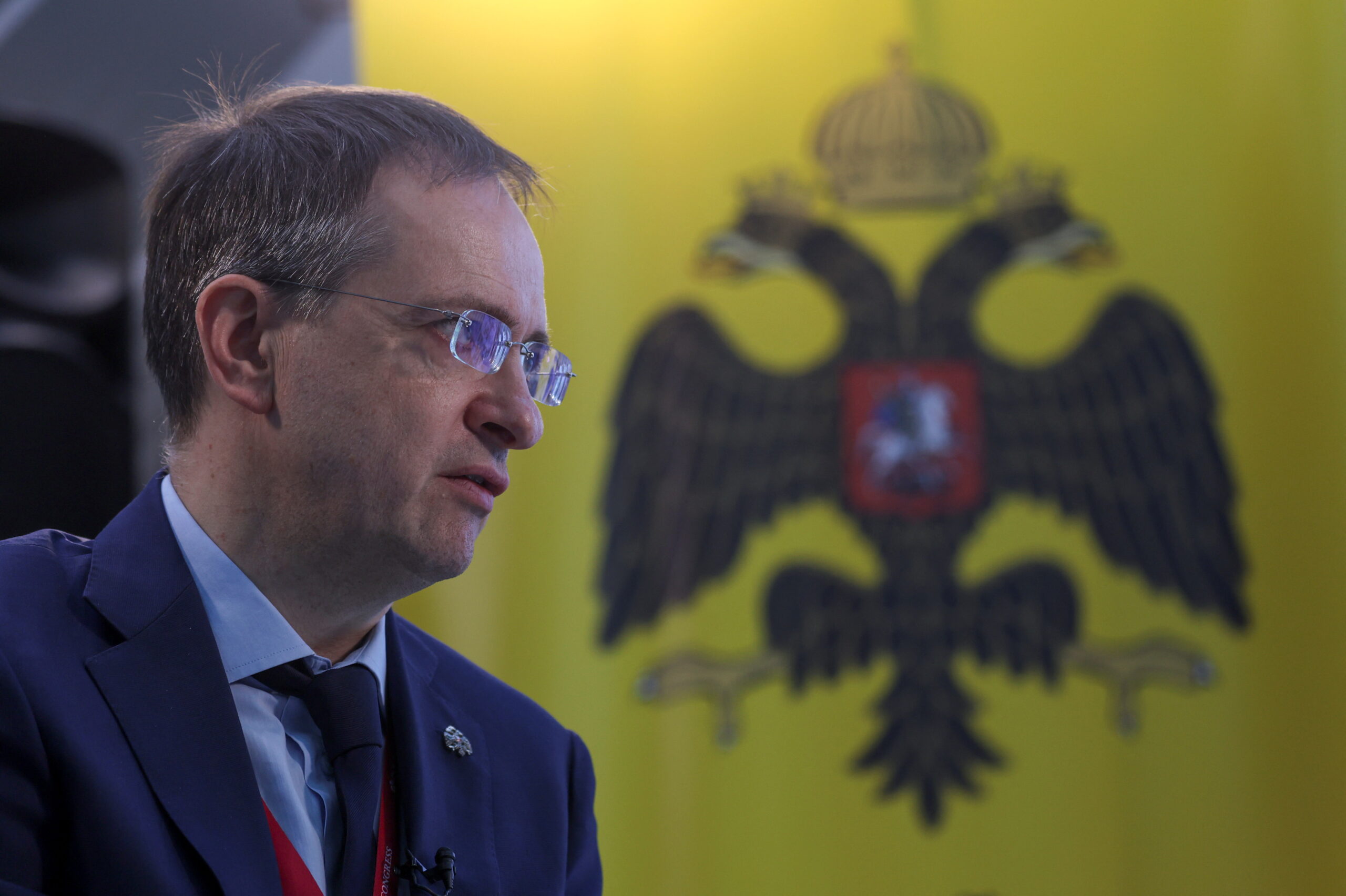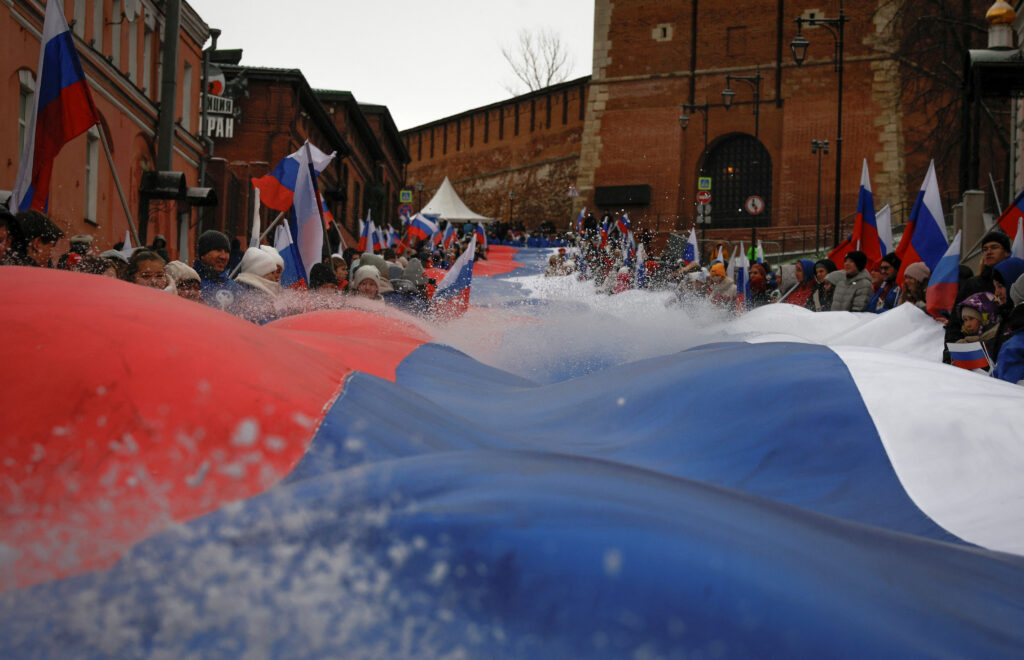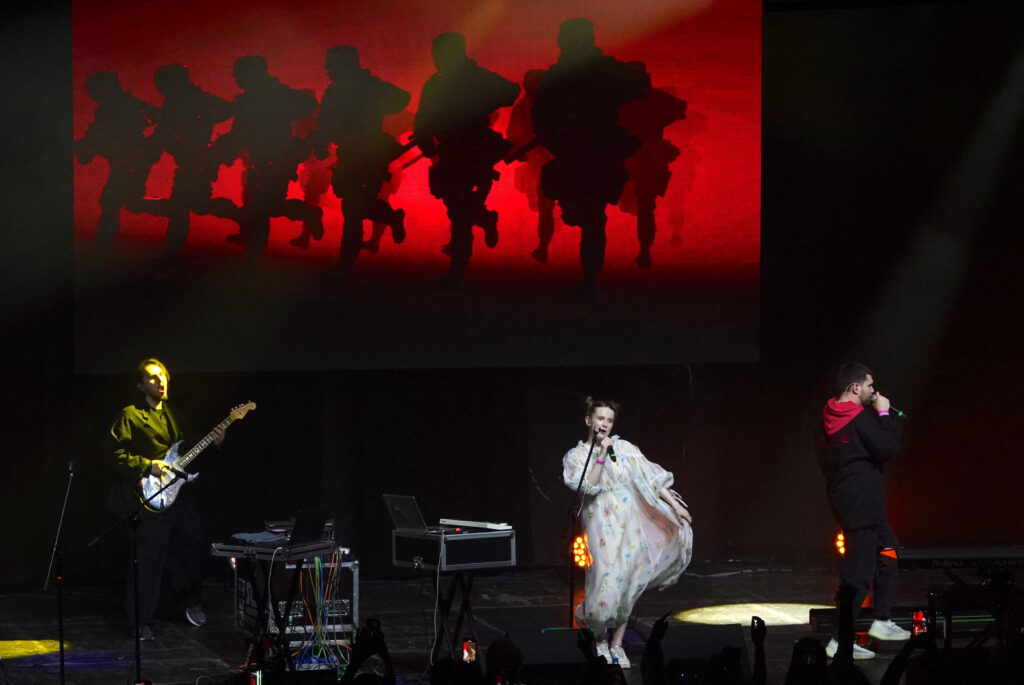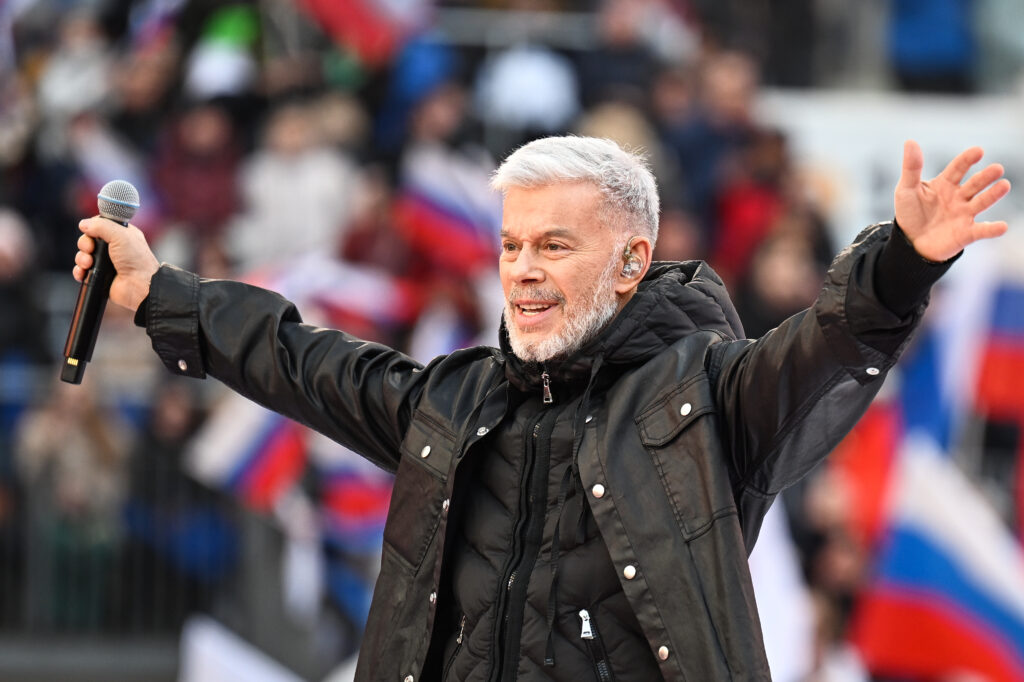It would be no exaggeration to say that Russia’s higher education (HE) in 2022 suffered a blow on a scale comparable to that experienced by Soviet higher education institutions during the Second World War. Together with the rest of the country, Russian higher education institutions were cut off from access to modern equipment and reagents, from subscriptions to international scientific journals and databases, i.e. essentials for academic work and advanced undergraduate and postgraduate training. The collective support of the Russian military invasion into Ukraine expressed by rectors of the majority of Russian universities effectively sentenced the country’s entire HE sector to international sanctions: after such a militaristic démarche, no institutional cooperation between Russian universities and their partners in many countries was imaginable. Russia’s subsequent refusal to participate in the Bologna system of higher education soon exacerbated the isolationist tendencies. After the start of the ‘special military operation’, many highly qualified university teachers and scholars left Russia, sometimes taking entire academic schools away with them. The wave of mobilisation that began in September 2022 intensified this process, and when professors started leaving the country, they were followed by fleeing students and doctoral candidates who are now deprived of distance learning opportunities (as opposed to the pandemic times). Finally, attacks on educational institutions and projects known for their pursuit of freedom of thought have intensified (the most prominent example being the Faculty of Liberal Arts and Sciences at St. Petersburg University, which was effectively destroyed by the university’s management in 2022). Thus, the prospects of the higher education sector in Russia as a whole have become highly dubious. The disciplines that are hit hardest by these processes are the social sciences and humanities. They are most sensitive to the socio-political atmosphere in the country and around the world, and more vulnerable to crises and conflicts than other areas of HE. Political reactionaries in Russia, much as elsewhere, perceive critical thinking, the driver of education in the social sciences and humanities, as a threat to their endeavours, and seek to suppress the spread of free thinking by imposing loyalty-building roles on higher education institutions in the spirit of the Strugatsky novel «Hard to be a God» («We do not need clever, we need loyal»).
Today, however, the losses suffered by Russian higher education in the social sciences and humanities since February 2022 appear to be just a prelude to forthcoming, much more serious changes. These changes are associated with the newly announced introduction of a new course to be offered by Russian universities, entitled ‘Fundamentals of Russian Statehood’, designed as compulsory for all students. According to the plans, most degree programmes at Russian universities will offer a year of coursework in ‘Fundamentals’, whereas social sciences and humanities will teach this course during all years of the degree programmes (it is still unclear whether this will apply to bachelor’s, master’s or doctoral programmes, or to all levels of education). The introduction of this course is to be supervised by the leadership of the Presidential Administration, with prominent public figures being involved in its development (e.g. presidential aide Vladimir Medinsky and renowned specialist in international affairs Sergey Karaganov). The course is expected to be launched as early as in 2023. Nobody is trying particularly hard to conceal the fact that the introduction of this new course is intended to provide ideological indoctrination for Russian students in order to ensure their unconditional and unswerving loyalty to the current ‘special military operation’ as well as other actions undertaken by Russia’s leaders. In the eyes of the Kremlin, this mission seems all the more urgent because, as many studies have found, university students (as well as young people in general) are more critical than anyone else when it comes to policies pursued by the Kremlin.
In fact, this development is hardly surprising. The ‘Fundamentals of Russian Statehood’ looks like a logical follow-up of similar lessons for schoolchildren known as ‘Talking about Important Things’, which have already been included in school curricula upon the initiative of the Presidential Administration. However, while this new school subject is currently limited to one extra lesson per week, and still largely improvised by the teachers, the new tertiary-level course looks like a much more far-reaching plan. Firstly, ‘Fundamentals of Russian Statehood’ is being developed and implemented centrally, according to a single plan. Secondly, the new discipline is not likely to supplement existing academic courses, but, rather, serve as a partial substitute of the social sciences and humanities (especially history, sociology and political science), designed to curb free thinking. In particular, the critical study of topics that are undesirable to the Kremlin, be they gender theories or anti-colonial movements, could be replaced by the glorification of ‘traditional family values’ and the declaration of ‘national unity’ under the umbrella of a ‘state-forming nation’. Thirdly, the proposed mass re-certification of teachers in the relevant disciplines is intended to ‘cleanse’ Russia’s universities of politically disloyal teachers, reducing the content of the ‘Fundamentals’ to a brainwashing programme based on teaching guides prepared by the Kremlin. What are the potential effects of these innovations on Russia’s higher education?
The first reactions to the plans to introduce the ‘Fundamentals of Russian Statehood’ into higher education have been rather restrained among the Russian academic community (including members of the new diaspora, i.e. those who left Russia in 2022). This is probably due to the fact that many observers see the Kremlin’s new undertaking as a short-term campaign which has a chance to die out soon, before even reaching the implementation stage. Scepticism also stems from the memory of ideological indoctrination in Soviet times, which was not very effective. The teaching of Marxist-Leninist doctrines actually turned into an empty, meaningless demagogy similar to courses on scientific communism, which ended with a mandatory state-level examination for future physicians, engineers and physicists. Not surprisingly, the end of Soviet-style Marxism-Leninism during perestroika was not simply inglorious, but went almost unnoticed in the context of large-scale transformations that accompanied the collapse of the USSR.
Of course, the Presidential Administration’s efforts to introduce ideological indoctrination in Russia might just as well turn out to be a flop. Unlike in Soviet times, the Russian authorities cannot rely on a centralised hierarchy of the Communist Party apparatus and related organisational structures. In the past, the ideological work ‘on the ground’ was ignored by bureaucrats and educational authorities until the very last moment, and it will be difficult indeed to build anything like that effectively from scratch. However, if one assumes that Russia’s ‘special military operation’ with all accompanying phenomena may last for years, if not decades, then the introduction of the ‘Fundamentals of Russian Statehood’ into Russian universities should be taken seriously: not as a one-off effort by propagandists who are trying to please their superiors, but as a very likely fundamental turn in the evolution of Russian higher education. Clearly, such a step is likely to be accompanied by various excesses, especially during the recently announced teacher re-certification. Since the Presidential Administration has no instruments for separating the Kremlin’s sheep from liberal goats (to use a Biblical metaphor), and no such tools are anticipated, the matter will be left in the hands of university and department managers, who can use the newly emerging opportunities to settle scores with unwanted teachers, where even an old social media post can become a ‘black spot’. Self-censorship by some teachers, public apologies by others, and the resignation of yet others are quite inevitable. However, the main problem with the ‘Fundamentals of Russian Statehood’ is related not so much to the potential events accompanying the introduction of this future educational discipline, but rather to its content.
Until a few years ago, the main obstacle to the ideological indoctrination of Russians was that political leaders lacked a coherent ideology that could serve as the basis of a new academic discipline. Today, however, thanks to the efforts undertaken by Putin and his entourage, such an ideology has not only been formed in Russia but is becoming dominant. It is founded on a conspiracy theory, popular in the post-Soviet region, which talks about the crafty machinations of the insidious West, led by the Anglo-Saxons and their hirelings inside and outside the country, who seek to destroy and enslave Russia. It seems that these kinds of ideas and worldviews are supposed to be instilled in the minds of students through the mass teaching of the ‘Fundamentals of Russian Statehood’. Some steps in this direction have already been taken earlier, in specific universities and departments. Now, these grassroots initiatives will be scaled up to the country level. As a matter of fact, the presence of Medinsky as the chief architect of the new course (he is notorious not only for the scandal surrounding the plagiarism of his dissertations but also for his open desire to turn history into an instrument for achieving the country’s leaders’ current political goals) shows once again that the Kremlin prefers this approach to education in the social sciences and humanities. Today, the main agents of conspiracy theories in Russian public discourse are boring officials from the Foreign Ministry and the Security Council, but if the authors of the ‘Fundamentals’ turn out to be creative, a global conspiracy against Russia could be packaged in a bright and attractive wrapper and sold to a student audience quite successfully (especially if the project is to be implemented over the long term).
This development may prove far more detrimental to Russian higher education than the ideological indoctrination known from Soviet times, based on Marxism-Leninism. The official social science doctrine in Soviet times was constructed as a simulacrum of scientific knowledge about the world. It relied partly on outdated and/or erroneous notions, but partly contained quite reliable information, and, most importantly, it formed a large and rather coherent scientistic project (the phrase ‘scientific communism’ was not accidental). Over time, this simulacre became dilapidated and, quite expectedly, ended in the dustbin of history, yet the most talented social science students who used this simulacre were later able to learn other ways of understanding the world, and some of them managed to evolve into well-qualified sociologists or political scientists.
The current Russian ideological doctrine has different origins, which, by definition, do not involve any scientific knowledge of the world, although it is also part of a large and fairly coherent project. The promotion of conspiracy theories in its various guises, be it the American battle mosquitoes promoted by the Russian Permanent Representative to the UN, or Putin’s theory of Ukraine being created by Lenin, is in fact the main objective of the Russian authorities. It will also represent the core content of the ideological indoctrination which the Russian authorities are undertaking today by introducing the ‘Fundamentals of Russian Statehood’ across universities. Importantly, this brainwashing endeavour should not be viewed as relatively harmless among the numerous other destructive steps taken by the Kremlin. The problem is that people whose minds are infected by the conspiracy worldview are unlikely to be easily cured of it and later become able to transform their views, embracing scientific knowledge about the world. The Soviet ideological indoctrination, while crippling young people’s worldview, was not fatal. In contrast, post-Soviet ideological indoctrination based on conspiracy theories is capable of killing the ability to think critically in several generations of Russians to come.









